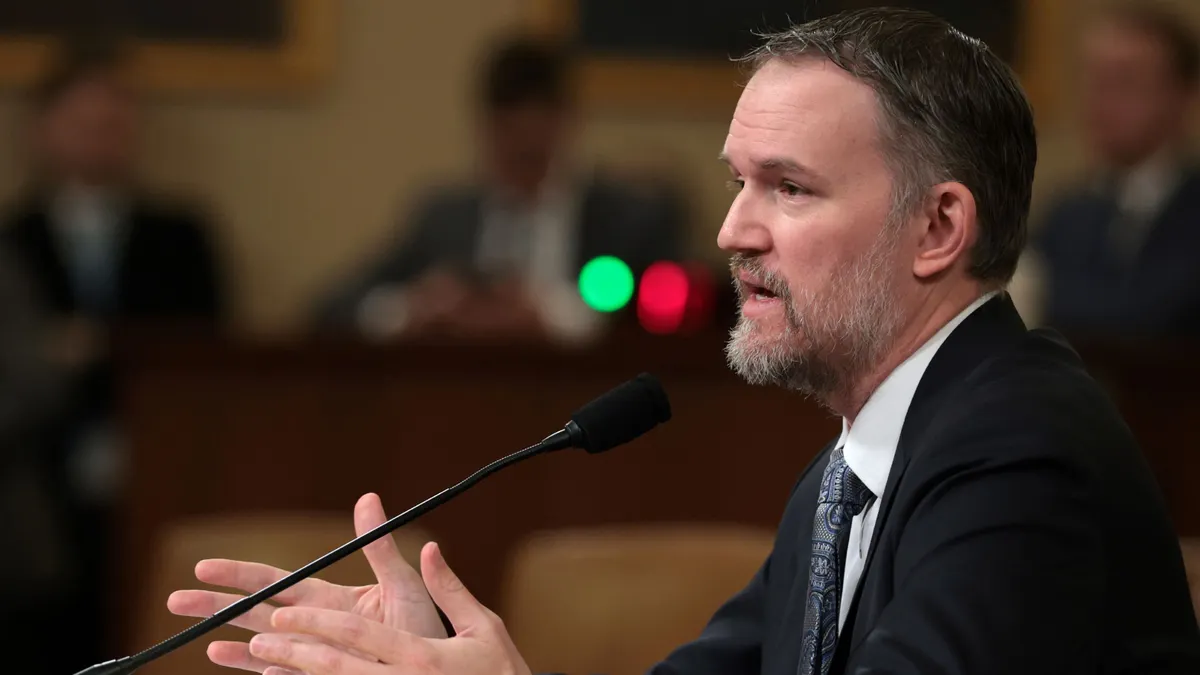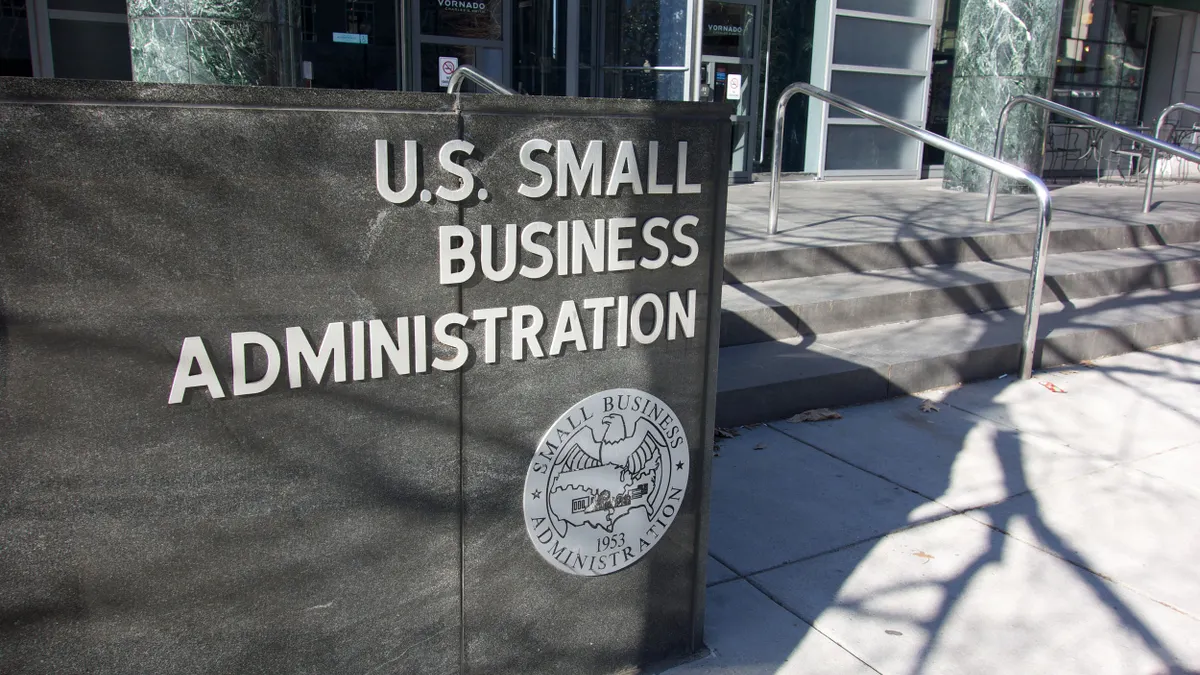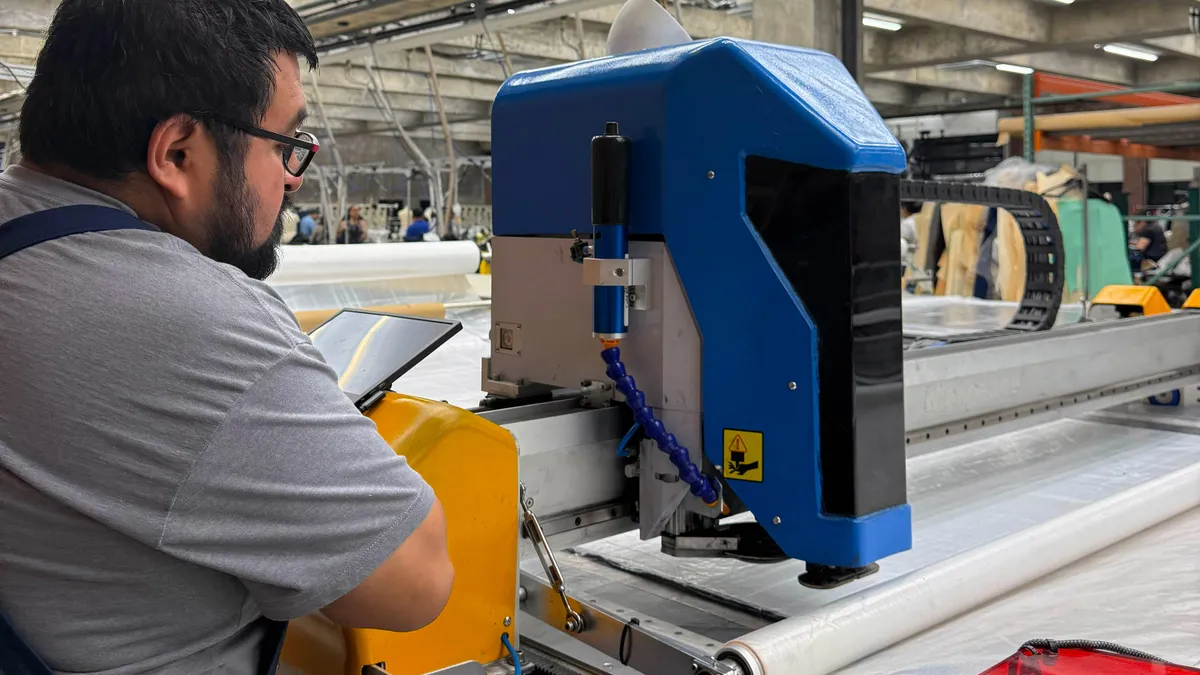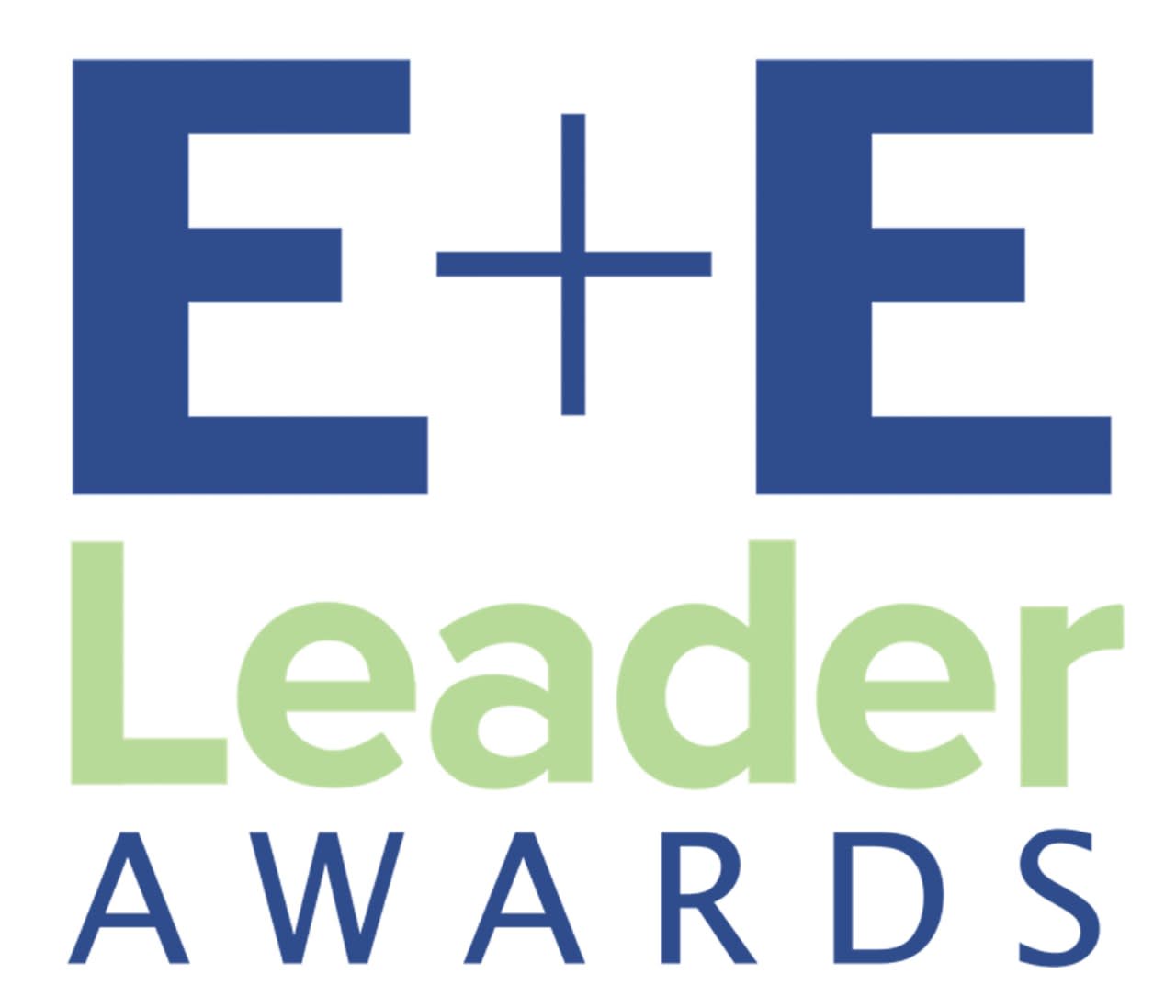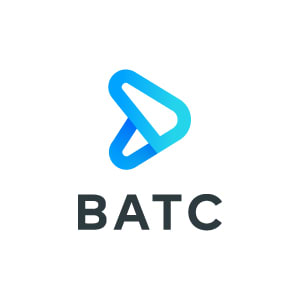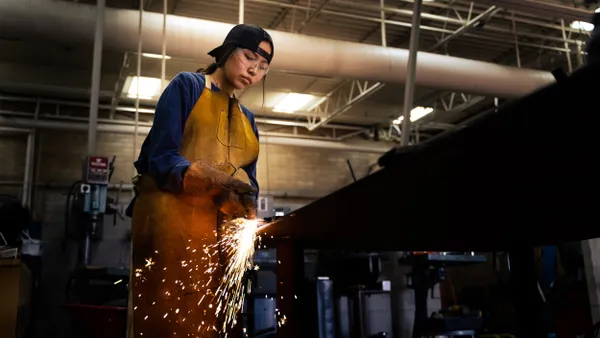The Office of the U.S. Trade Representative extended Section 301 tariff exclusions for some products from China to Aug. 31, according to a notice filed last week.
The exclusions, which were originally set to expire May 31, pertain to Section 301 tariffs that target electric vehicles, batteries, critical minerals, semiconductors and solar cells. Such exemptions could be further extended or modified, per the notice.
The duties were originally introduced in 2018 under the first Trump administration. Last year, the Biden administration opted to maintain the levies while adding and increasing some others following a four-year review by then USTR Katherine Tai. The final tariff structure covered thousands of items across 14 product categories.
Several of the tariff increases went into effect in September 2024, including a 100% duty on EVs, while others were slated to begin at the start of 2025 and 2026.
Upon announcing the new tariffs, the Biden administration opened an exclusion process to alleviate duty burden for some manufacturing equipment used in domestic production. Some types of solar manufacturing equipment, industrial robots, machinery for filtering water and some printing machinery are among the included types.
“The limited scope of the exclusion process strikes a balance between mitigating U.S. companies’ costs in expanding domestic production capacity while maintaining the appropriate amount of leverage with China,” said a September Federal Register notice from the Office of the USTR.
The exclusions and their related tariffs are separate from many of the duties President Donald Trump has rolled out since returning to office for a second term. Therefore, they would not be impacted by a U.S. Court of International Trade injunction filed last week, which is currently paused for appeal.



